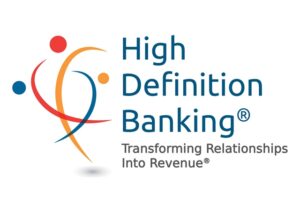
Thank you for visiting High Definition Banking.
I have transitioned High Definition Banking to my speaking
and motivational site, High Definition People.
Please check it out here and let me know how I can help you!
Barb Sanfilippo

Thank you for visiting High Definition Banking.
I have transitioned High Definition Banking to my speaking
and motivational site, High Definition People.
Please check it out here and let me know how I can help you!
Barb Sanfilippo